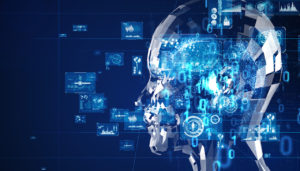SCI-TECH | Scientific body calls for developing ways to recycle lithium-ion battery
Australia’s peak scientific body has called for the country to take a world-leading role in recycling lithium-ion batteries.

CANBERRA — Australia’s peak scientific body has called for the country to take a world-leading role in recycling lithium-ion batteries.
A report released by the Commonwealth Scientific and Industrial Research Organisation (CSIRO) on Tuesday revealed that the amount of lithium-ion battery waste is growing 20 percent each year on account of a growing demand for lithium-ion technology used in household electronic devices.
It said that Australia could lead the world in the re-use and recycling of the batteries.
According to the CSIRO, Australia produces 3,300 tonnes of lithium-ion battery waste every year, a figure that could grow to 100,000 tonnes by 2036, and only two percent of it is recycled despite 95 percent of components in the batteries being re-usable.
Anand Bhatt, battery research leader at the CSIRO, is investigating processes for the recovery of metals and materials from the waste.
“As a world leader in the adoption of solar and battery systems, we must responsibly manage our use of lithium-ion technology in support of our clean energy future; CSIRO has set out a pathway to do this,” Bhatt said in a media release on Tuesday.
“The value for Australia is three-fold. We can draw additional value from existing materials, minimise impact on our environment, and also catalyse a new industry in lithium-ion re-use/recycling.
“The development of processes to effectively and efficiently recycle these batteries can generate a new industry in Australia. Further, effective recycling of lithium batteries can offset the current concerns around lithium security.”
The organization called for research, government and industry to work together to develop solutions to the issue of lithium-ion waste.


